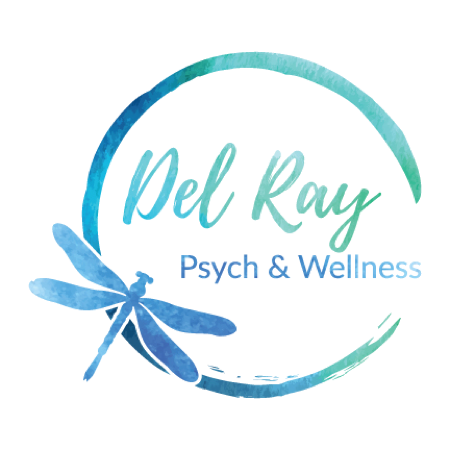Why Relationship Stress Matters in Addiction Treatment and Recovery
Addiction rarely happens in isolation, and neither does recovery. Behind every person struggling with substance use, there are often layers of relationship stress: partners feeling distant, families walking on eggshells, friendships tested by broken trust. These connections can either fuel healing or make recovery even harder.
That’s why addressing relationship stress is such an important, and sometimes overlooked, part of addiction treatment and long-term recovery.
Let’s unpack why relationships matter so much in the process of healing.
The Deep Connection Between Addiction and Relationships
When someone is living with addiction, their relationships often absorb the impact. Trust erodes, communication breaks down, and roles shift in painful ways. Family members may swing between anger, worry, frustration, and exhaustion. Partners may feel betrayed or emotionally shut out. The person struggling with addiction may, in turn, feel shame and guilt, both of which can make them want to retreat further.
It becomes a cycle: the more strain there is in relationships, the more emotional pain builds, and the more tempting it becomes to use substances to cope with that pain. Without addressing those dynamics, treatment can feel like trying to patch a hole in one part of the ship while another leak goes unnoticed.
When Relationships Remain Unresolved
Recovery requires more than detoxing or stopping substance use; it’s rebuilding life. Relationships are a central part of that rebuilding process. When relationships remain tense or unresolved, they can trigger cravings or relapse when conflict arises, reinforce feelings of shame or worthlessness, undermine motivation to stay sober, and make it harder to find emotional stability.
On the other hand, when relationships heal, they can become protective factors in recovery. They are sources of love, accountability, safety, and strength.
Making Relationship Work Part of the Healing Process
That’s why so many modern addiction treatment programs now include family therapy, couples therapy, or relationship counseling as part of recovery. It’s not assigning blame; it’s understanding patterns.
Therapy helps both the individual and their loved ones learn healthy communication and conflict resolution, recognize enabling versus supportive behaviors, process feelings of anger, guilt, and betrayal safely, rebuild trust through consistent action rather than just promises, and create boundaries that protect both recovery and emotional well-being.
When the focus shifts from “who caused what” to “how can we heal together,” something powerful happens — recovery becomes a shared process, not a solo battle.
Understanding Stress as a Relapse Trigger
Research shows that stress is one of the biggest triggers for relapse. Relationship stress, whether it’s conflict, loneliness, or emotional distance, is one of the most potent and personal forms of stress there is.
Even after achieving sobriety, unresolved tension can reactivate old coping patterns. That’s why learning new ways to manage emotional and relational stress is essential to sustaining recovery. In therapy, individuals and couples learn to identify emotional triggers, pause before reacting, communicate needs clearly rather than numbing them, and replace self-blame with shared accountability. These aren’t just recovery tools, but life skills that strengthen every connection.
The Path Forward
Addiction recovery is as much about healing relationships as it is about healing the brain or body. The two are inseparable. When people begin repairing trust and rebuilding meaningful connections, they often rediscover self-worth, hope, and motivation.
That healing can look like honest apologies and forgiveness on both sides, relearning how to be emotionally present, establishing healthy independence and interdependence, and finding joy again in shared experiences. Relationships don’t have to be perfect to support recovery — they just have to be real, honest, and safe.
At Del Ray Psych & Wellness, we understand that addiction affects the whole person and everyone around them. Our integrative approach to addiction therapy addresses not just substance use, but the relationship patterns and emotional struggles that come with it. Whether you’re seeking individual therapy, couples counseling, or family support during recovery, we’re here to help you heal the connections that matter most. Contact us today to learn more about how we can support your journey toward authentic healing and lasting recovery.
